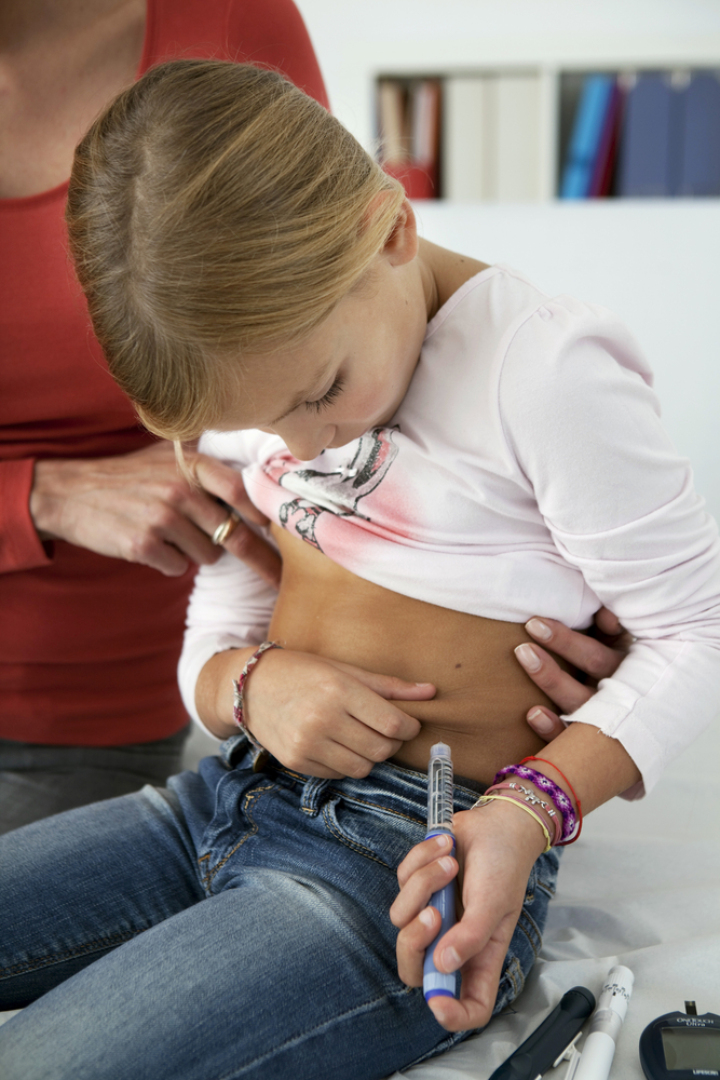
‘Artificial pancreas’ transforming the lives of thousands of children and young people with type 1 diabetes
On Jun. 16, 2025, the National Institute for Health and Care Excellence (NICE) announced that the recommendation in December 2023 has triggered a jump in uptake of hybrid closed loop (HCL) systems from just over one-third to nearly two-thirds in one year. Data from the National Paediatric Diabetes Audit (NPDA) shows that 62% were using HCL systems from April 2024 to March 2025, up from 36% in the same period the previous year.
The innovative hybrid closed loop systems have reached about 3 in 5 eligible children and young people, offering improved blood sugar control and transforming daily life for families managing this complex condition.
In type 1 diabetes, the pancreas cannot produce insulin, causing high blood sugar levels. Without supplemental insulin, people with the condition would die. But too much insulin causes hypoglycaemia or hypos, where glucose levels become too low, which can also be dangerous. The goal is to keep blood sugar within a healthy range.
More than 30,000 children and young people are living with type 1 diabetes in England. Usual management involves finger prick testing and injecting insulin multiple times a day. HCL systems remove the need for this and help prevent blood sugar emergencies, which can be life-threatening.
A hybrid closed loop system, also referred to as an ‘artificial pancreas’, has three parts: an insulin pump, a continuous glucose monitor (a sensor that measures glucose levels at any given moment) and an algorithm that makes them ‘talk to each other’ and adjust insulin delivery. They are managed through a smartphone app.
NICE agreed a 5-year roll-out plan with NHS England which will prioritise access to the technology for all children and young people, people who are pregnant or planning a pregnancy, and adults who are already using an insulin pump but it is not enough to control their blood sugar levels.
HCL systems promote independence and freedom: children don’t have to inject themselves and parents feel more confident with their children going out on their own.
Tags:
Source: National Institute for Health and Care Excellence
Credit:
